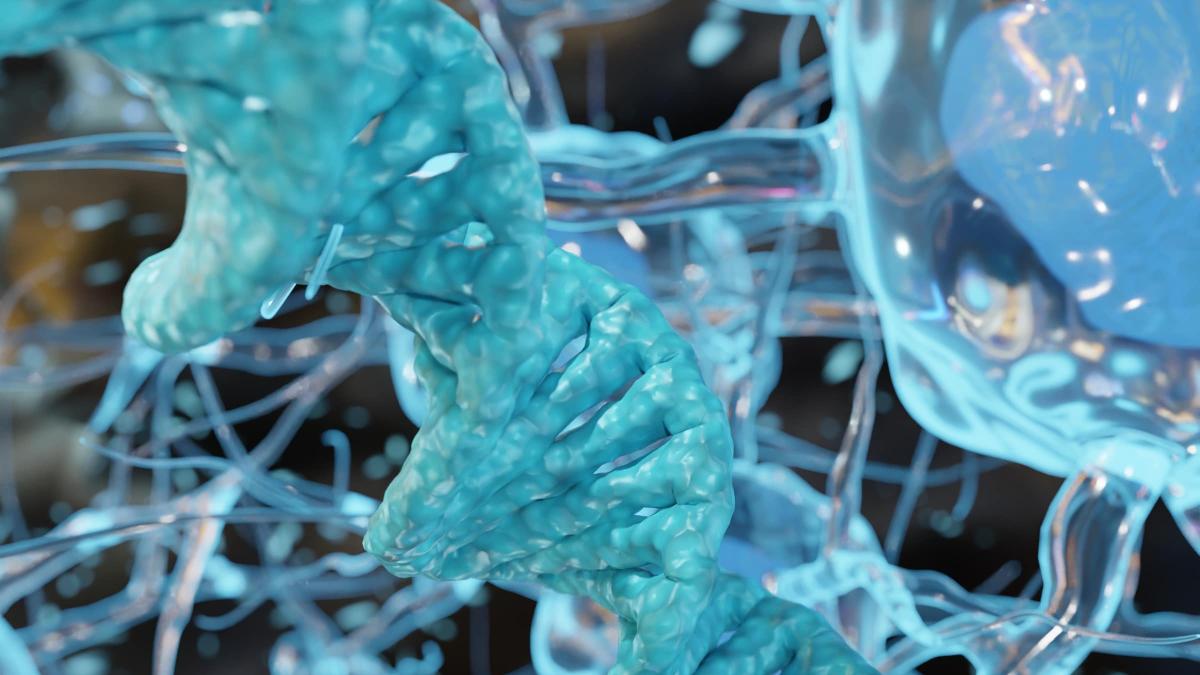by Health Editorial Staff
The homozygous ApoE4 genetic variant is not only a risk factor but a new genetic form: 95% of over 65s with the mutation have an accumulation of the amyloid beta protein
A new genetic form of Alzheimer’s it was discovered by Spanish researchers from the Sant Pau Research Institute in Barcelona, authors of a study published in «Nature Medicine». Scientists from the Institute’s Neurological Diseases, Neuroscience and Mental Health Research area, led by Juan Fortea, director of the Memory Unit of the Neurology Service of the same facility, observed that over 95% of over 65s with two copies of the ApoE4 gene (ApoE4 homozygotes) show biological characteristics of Alzheimer’s in the brain or biomarkers of the pathology in the fluid
cerebrospinal and PET scans. The work also indicates that individuals
ApoE4 homozygotes develop Alzheimer’s earlier than people with other variants of the ApoE4 gene.
ApoE4 homozygotes represent 2-3% of the population
The results suggest that “having two copies of the ApoE4 gene could represent a new genetic form” of the main form of
dementia, explains Fortea. «The ApoE4 gene has been known for over 30 years – you remember – and is known to be associated with a higher risk of getting Alzheimer’s disease. But we now know that virtually all individuals with two copies of this gene develop Alzheimer’s biology.” Having understood this “is important – underlines the expert – because” homozygous ApoE4s “represent 2-3% of the population”.
Abnormal levels of amyloid beta protein
The researchers evaluated clinical, pathological, and clinical changes
biomarkers in ApoE4 homozygous subjects, to determine their risk
Alzheimer’s. They used data from 3,297 brain donors, including
samples of 273 homozygotes for ApoE4, from the US National Alzheimer’s Coordinating Center. They also used clinical and biomarker information from more than 10,000 people with markers of Alzheimer’s, including 519 ApoE4 homozygotes. «The results – the scientists report – indicate that virtually all ApoE4 homozygotes exhibited Alzheimer’s disease and had higher levels of biomarkers associated with the disease at age 55, compared to people with the ApoE3 variant. By age 65, more than 95% of ApoE4 homozygotes had abnormal levels of amyloid protein in the cerebrospinal fluid – a key early pathological feature in Alzheimer’s disease – and 75% had amyloid-positive PET scans.” Based on these observations, the authors indicate that “the ApoE4 genetic variant is not only a risk factor for Alzheimer’s, as previously thought, but may represent a distinct genetic form of the disease.”
The development of new therapies
According to the researchers, «these results could be useful
for the development of personalized prevention strategies, clinical studies and
targeted therapeutic approaches for this specific population” with two copies of the ApoE4 gene. «The data highlight the importance of monitoring homozygotes for ApoE4 from an early age for preventive interventions», says Víctor Montal who participated in the study when he worked at the Sant Pau Research Institute and who today studies the molecular structure of the ApoE gene at the Center of supercomputing in Barcelona.
The case of Chris Hemsworth
The attention of the general public on genetics and Alzheimer’s was sparked in 2022 when the actor Chris Hemsworth revealed his genetic predisposition to Alzheimer’s characterized by two copies of the ApoE4 gene. After that revelation, Hemsworth shifted his focus to healthy living, as discussed in the Limitless series. Studies indicate that diet, exercise, adequate sleep can alter the expression of genes associated with disease risk. And just in these days a new work published in the magazine BMJ Evidence-Based Medicine highlighted how a healthy lifestyle can offset the impact of genetics by more than 60%. Experts agree in underlining that even those who are genetically predisposed to a disease can certainly postpone the appointment with the neurodegenerative disease by adopting a healthy lifestyle.
6 maggio 2024
© ALL RIGHTS RESERVED
